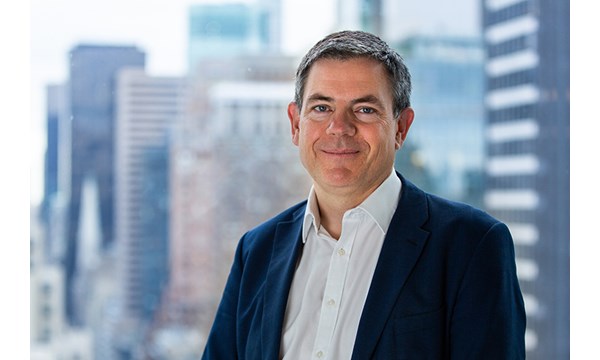Sign up today to get the best of our expert insight in your inbox.
What can we expect from COP28? | Podcast
The Energy Gang breaks down COP28's climate agenda
Ed Crooks
Vice Chair Americas and host of Energy Gang podcast

Ed Crooks
Vice Chair Americas and host of Energy Gang podcast
Ed examines the forces shaping the energy industry globally.
Latest articles by Ed
-
Opinion
Ceasefire in the Israel-Iran conflict
-
Opinion
The impact of the Israel-Iran conflict escalation on the global energy market
-
Opinion
EBOS: the unsung hero that’s accelerating clean energy deployment
-
Opinion
What the US attack on Iran’s nuclear installations means for energy
-
Opinion
How do we adapt to a warming world?
-
Opinion
What the conflict between Israel and Iran means for energy
This week COP28 begins. The forum where international climate policy is debated takes place in Dubai this year, and the Energy Gang will be there, bringing you special podcast episodes recapping every key development that comes out of the negotiations.
We’ll be at the talks all week next week and following them through to the end, bringing you all the latest news and explaining what it means, and why it matters.
The Paris Agreement, adopted in 2015, committed the countries of the world to pursuing efforts to limit global warming to 1.5 degrees Celsius above pre-industrial levels. At the halfway point between that agreement and 2030, when key interim targets are supposed to be met, global leaders are meeting in Dubai for a global stocktake on progress, and to take further steps to cut emissions.
As we look ahead to this year’s summit, host Ed Crooks is joined by regular Energy Gang guests Dr Melissa Lott, Director of the Center on Global Energy Policy at Columbia and Professor of Practice at the Climate School, and Amy Myers-Jaffe, Director of the Energy, Climate Justice, and Sustainability Lab and a research professor at New York University’s School of Professional Studies.
Together they explore 4 key themes that will take a lot of the focus of discussion at COP28. The first is the Global Stocktake. It’s a thorough review of progress on cutting emissions since the Paris Agreement. Simon Stiell, The Executive-Secretary of UN Climate Change said that governments had so far only taken “baby steps” to address climate change. How right is he? Amy and Melissa debate it.
A proposed commitment on renewables is also a key theme. The EU, the hosts the UAE and others are backing the idea that governments should agree to triple renewable power generation capacity by 2030. That comes out to about 11,000 gigawatts of capacity on their calculations, including hydro power. That is roughly 65% more than the amount that Wood Mackenzie is forecasting for that date.
Another key issue to watch is the development of the methane pledge: it’s a priority for the hosts of COP28, the UAE, as a large producer of oil and gas. Cutting the methane leaks that are vented from oil and gas operations is a key part of reducing the emissions for as long as demand for those fuels lasts.
Finally, Amy and Ed assess proposals for climate finance and compensation for loss and damage, sometimes called “climate reparations”. Rich countries agreed that $100 billion a year should flow to poorer countries, to aid in emissions reductions strategies and to pay for necessary adaptations to climate change. What’s the progress on that payment? The Loss and Damage fund, agreed at COP27 in Sharm El Sheikh last year, is also a key item on the agenda. Until now, it has been a fund without any financing.
Subscribe to the show on your podcast platform of choice so you don’t miss any of these special episodes coming live from COP28, and join the conversation on the socials - we’re @theenergygang.






